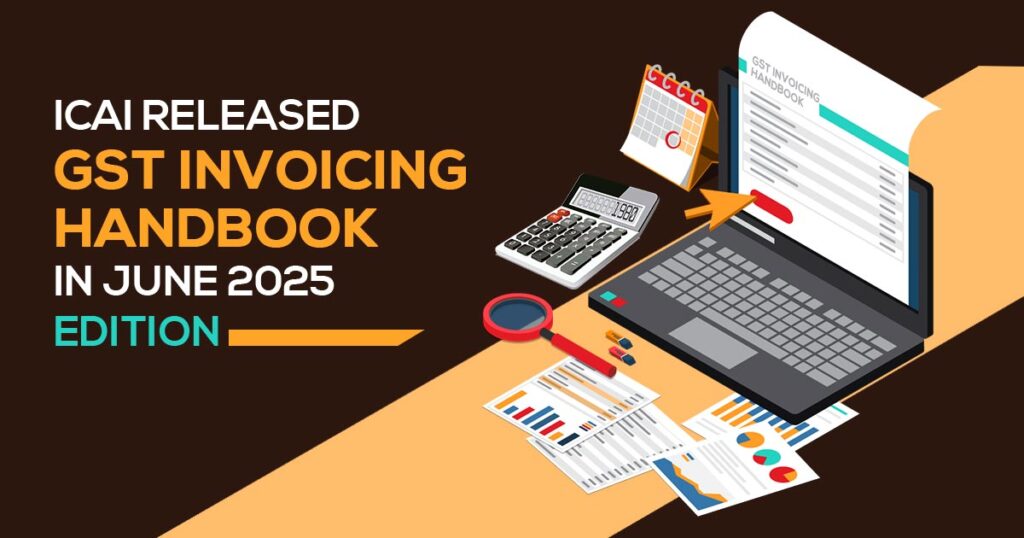In the Indian GST environment, the Institute of Chartered Accountants of India (ICAI) has played a significant role since its pre-implementation phase. In developing the GST policies and procedures, ICAI, through its GST & Indirect Taxes Committee, assists the Government by offering technical inputs and suggestions. It conducts certificate courses, organises seminars, conferences, webcasts, and capacity-building programs for Government bodies and has published useful technical publications on various types of GST to inform stakeholders about the latest amendments and developments, supporting their understanding of the complexities of GST law provisions.
The Institute of Chartered Accountants of India (ICAI) has released a revised edition of its Handbook on Inspection, Search, Seizure, and Arrest under GST in July 2025 that aims to provide an understanding of GST enforcement provisions to professionals and taxpayers.
The updated handbook, authored by CA (Dr.) Sanjiv Agarwal and CA Neha Somani provide an analysis of the legal framework encompassing inspection, search, seizure, and arrest under the Goods and Services Tax (GST) regime. For chartered accountants, tax practitioners, businesses, and students preparing for professional exams, it serves as a practical guide.
Read Also: ICAI Releases Practical Guide to GST to Empower CA Members
Highlights of the revised edition are
- Detailed Explanation of Law: It covers regulatory provisions, rules, and notifications controlling the inspection and seizure under GST.
- Judicial Pronouncements: A compilation of landmark case laws and judicial interpretations forming GST enforcement.
- Practical Guidance: Procedure to manage the inspections, searches, and arrests, ensuring professionals can effectively advise clients.
- Updated References: Inclusion of the updated amendments, circulars, and instructions issued by the Central Board of Indirect Taxes and Customs (CBIC).
- Professional Relevance: It is designed as a reference for practitioners involved in departmental investigations and litigation.
As per ICAI, the handbook shall support in filling up the knowledge gap in comprehending the complex provisions of GST legislation while upholding transparency and compliance.
When GST authorities have been increasing scrutiny on tax evasion through inspections and search operations, the same release has arrived, and it makes this handbook a timely and required resource.
Check the ICAI official Unveils Handbook on Inspection and Arrest under GST July 2025 Edition PDF: Click here
